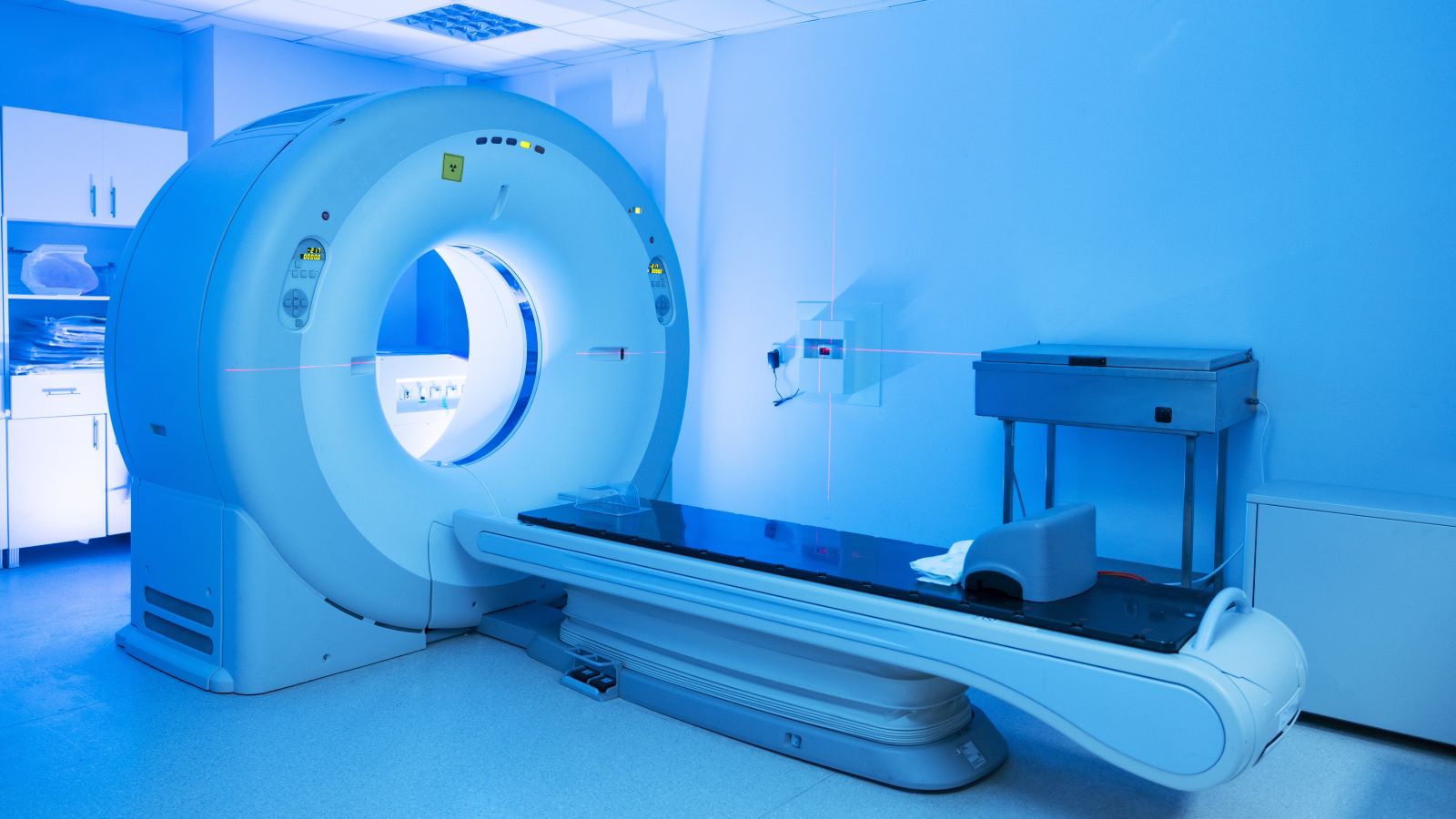<< Back
Are Full-Body MRI Scans for Cancer Worth It?

December 18, 2023
Ever wish you had a crystal ball specifically for your health? Some celebrities and influencers believe they’ve found it at a company called Prenuvo, which advertises full-body MRI scans to detect cancer early.
Are these scans worth it? Here’s what to keep in mind.
Full-body MRIs can’t detect every type of cancer.
It’s easy to understand the appeal of an early warning system for cancer.
“It’s very common for people to worry about getting cancer, especially since most Americans have a family member or close friend who has had cancer,” says Peter Yu, MD, physician-in-chief at the Hartford HealthCare Cancer Institute.
However, full-body MRI scans have a number of drawbacks — including that, in many cases, they’re simply not the right tool for the job. There are many types of cancer, with a vast range of early warning signs. Many of the most common don’t appear on MRIs. For instance, colon cancer screening requires a colonoscopy. Prostate cancer screening starts with a blood test. For early signs of skin cancer, you need a physical exam.
True, an MRI may show if you have a suspicious nodule hidden within certain body parts — a discovery with its own challenges (see below). But no single test can answer the question, “Could I have cancer?”
“General all-purpose screening tests such as body MRIs are not established as an effective means to detect cancer,” says Dr. Yu. “And no test is so good that it is a guarantee that cancer isn’t present that day or won’t develop later.”
> Related: Why More Young Women Are Getting Lung Cancer
Full-body MRI scans may lead to unnecessary costs and anxiety.
Prenuvo’s full-body MRIs are pricey — around $2,500 — and not covered by insurance. Most patients must also tack on the cost of a plane ticket, because the company only has a handful of clinics throughout the U.S.
Above and beyond these expenses, full-body scans run the risk of costing many patients something else: peace of mind.
“It’s important to understand that an MRI test or blood test may find abnormalities that could be cancer, but by themselves are not sufficient to make a definitive diagnosis,” explains Dr. Yu.
For example, an MRI might show a suspicious nodule in your lung, but you won’t know if it’s cancerous without another test — like a needle biopsy or bronchoscopy. These tests are invasive and carry their own risks, which you would need to weigh before deciding to move forward. Unfortunately, not everyone will find answers.
“Some abnormalities may not be amenable to biopsy, or the biopsy may be inconclusive, which causes additional anxiety,” says Dr. Yu.
If you’re worried about cancer, your health team can suggest more focused tests.
“Some patients are at higher risk for cancer because of a strong family history, a known genetic disorder, or a lifestyle risk factor such as tobacco use. There are established tests for early detection of cancer in these populations,” says Dr. Yu. “Other patients fall into established criteria from the U.S. Preventative Task Force, such as colon cancer screening after the age of 45 and breast cancer screening after 40.”
In other words, your health team already has the most important tests ready and waiting for you.
Which means that, for most of us, the key to early cancer detection probably isn’t booking a plane ticket for a full-body MRI at a boutique clinic. It’s keeping up annual physicals and recommended screenings right at home.